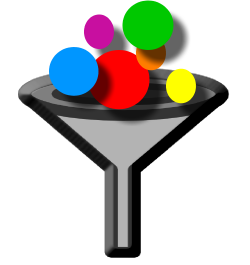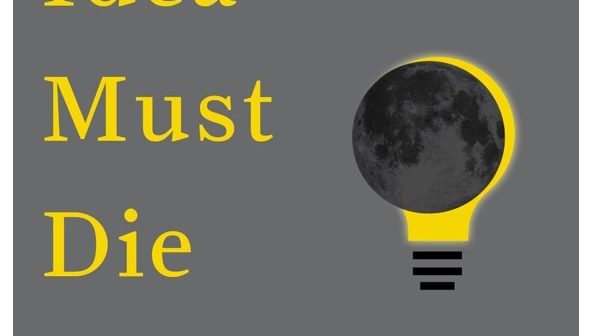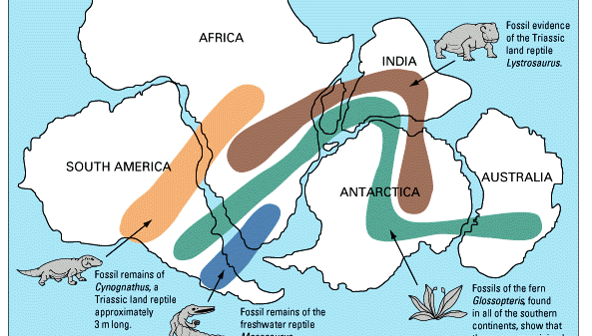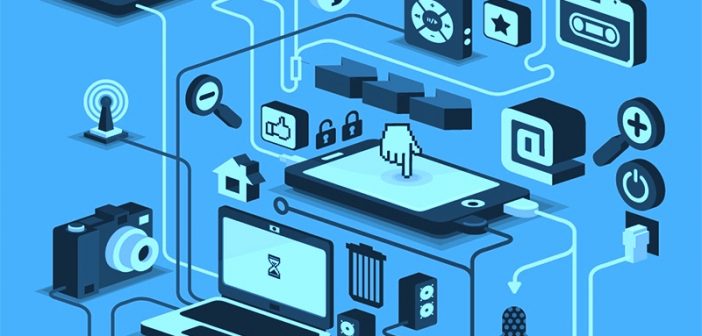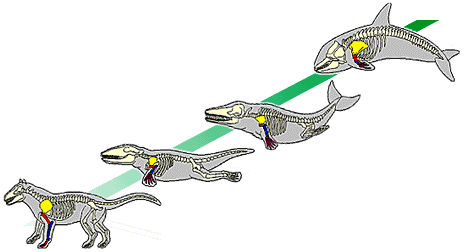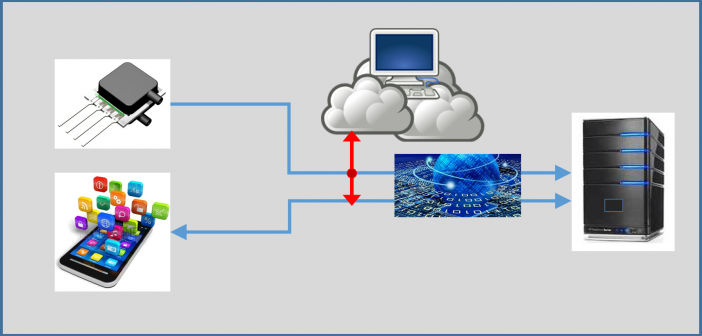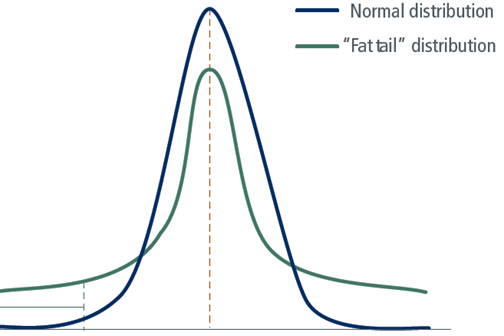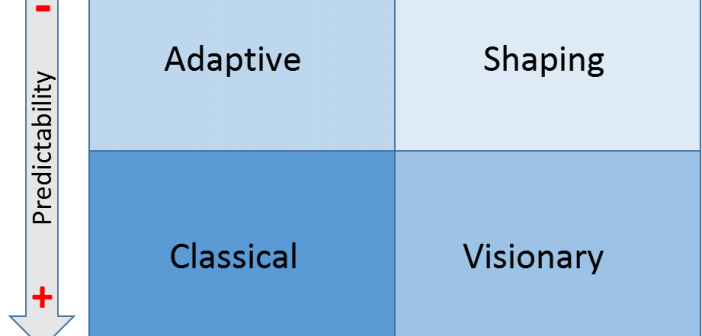
You know that feeling when all your ducks appear to be in a row, all the numbers add up, all the boxes have been checked, but you’ve still got a sneaking suspicion that something is wrong? I’m not talking just gut feel here, more along the lines of, “The logic




